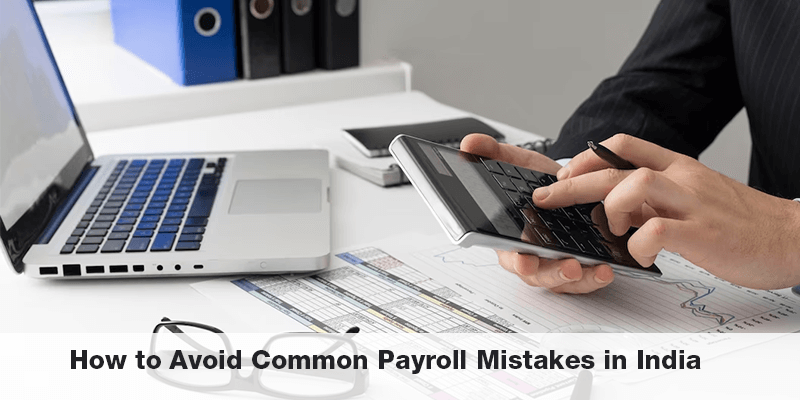Uncertainty is very similar to weather conditions. A circumstance over which people and businesses have little or no control. The extremity of uncertainty, just like the severity of the weather, can be fluctuating up and down. At most times, across the world, CEOs are working under a sequence of intense uncertainty alerts.
How to come up with a good business approach in highly uncertain business environments? Some executives are looking forward to forming the future with high-stake bets. The business press likes to hype more of enterprise-shaping strategies due to their capability to create massive wealth, however, the truth is that maximum organizations lack the industry position, assets, or affinity for risk essential to make such strategies work.
Whether the subject is relating to strategy or workforce, operations or deals, tax or finance, the motive is the same. Organizations need to have a bias towards action. As a baseline, corporations should attempt to be Fit for Growth. Rather than going for a single fixed course, they must constantly participate in scenario planning, building, and comparing an array of alternatives that provide a broader view of the landscape and opportunities for success. They need to become agile, owning the stability and functionality that permit them to shift focus, priorities, and assets to cope up with uncertain circumstances. Also, they must evolve to emerge as more resilient, capable of resisting robust external forces, can recover from setbacks rapidly, and thus benefiting from new opportunities.
- Incorporating a dynamic method – To be more resilient to changes, methodic decision-making needs to be more dynamic and probabilistic. Defining strategy, then testing it out to regulate with internal and external changes, is crucial to constructing a competitive advantage. Teams can recollect a wide variety of scenarios, from scenarios depicting occurrences like economic growth at 2 or 3 percent to occurrences like what will happen if a marketplace in a single country crashes whilst some other booms, or if a giant competitor introduces new merchandise at a decreased rate or is going into bankruptcy. Running a couple of situations on how an organization can prevail under specific sets of conditions will increase confidence.
- Investing in human resources– As businesses ponder over a broad variety of alternatives and scenarios, they should make sure that their staff has the necessary capabilities required for the brand new virtual world. Investing in the existing workforce to make them extra agile and resilient to adjustments in the environment can improve an organization’s potential to thrive in unsure instances.
- Supporting the execution with agility – It’s not sufficient to simply discover different situations and put money into constructing a workforce that could cope up with uncertainties. Companies can act quickly at difficult times only if their operations can help the execution. In instances of uncertainty, businesses need to focus on operational agility. Doing so prepares the workforce to make the fast pivots that may be the key point to surviving and thriving.
- Create price with offers – Organizations that are relatively agile to execute transactions when they can discover that deals present occasions to enhance growth and pull ahead of rivals. Since more encouraged dealers appear in uncertain instances, agencies can probably take advantage of deal flow from businesses that can be divesting assets. No wonder that private equity corporations tend to do their best deals and earn maximum value by shopping at the trough of a cycle, whilst each multiple and earnings are down.
- Adapting reformation to tax and regulation – One of the most important drivers of modern-day uncertainty is the complicated landscape of tax and law reform. In a variety of massive industries, technology, energy, resources, monetary services, transportation, trade, the regulatory scenario is unstable and liable to substantial change. To be more resilient to adjustments in the tax and regulatory environment, agencies should get ahead of the modifications and, when appropriate, work with industry peers and authorities to enhance outcomes.
- Capital strength – Companies can enforce capabilities-driven methods, put money into human capital, and execute deals efficiently only when they stand on a sturdy monetary foundation. To ensure effective action, it's not only important for finance to function as an operationally invoked associate and conscience of the business, but also for all prime operational functions, consisting of commercial, procurement, and delivery chain, to be proactively engaged.
For new or small businesses, owners or entrepreneurs must be aware of different kinds of uncertainties and risks that their business can come across and be well prepared to deal with them. This ability is something that can be learned.By learning innovative methods to manage tough times.By surrounding oneself with a strong guidance network consisting of both trusted experts and close ones.By changing the outlook and practicing adaptability, new businessmen can keep track of what’s occurring in the business world and so they can be better prepared for such uncertain times.Also, by knowing the business regulations inside and out, one can understand what the enterprise is all about and what's best for it and that can be beneficial while managing risks.A single action can't dispel a heavy load of uncertainty or substantially diminish its impact. But if businesses can get out of their protective crouch and count on a greater competitive stance, they can ensure a higher chance of preserving their stability and shaping their future.





